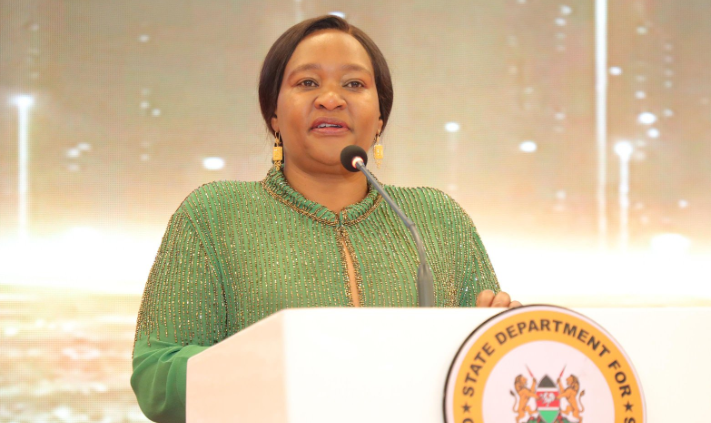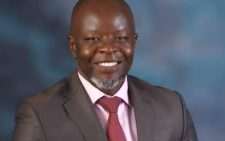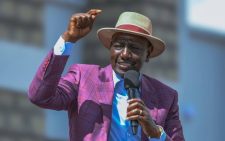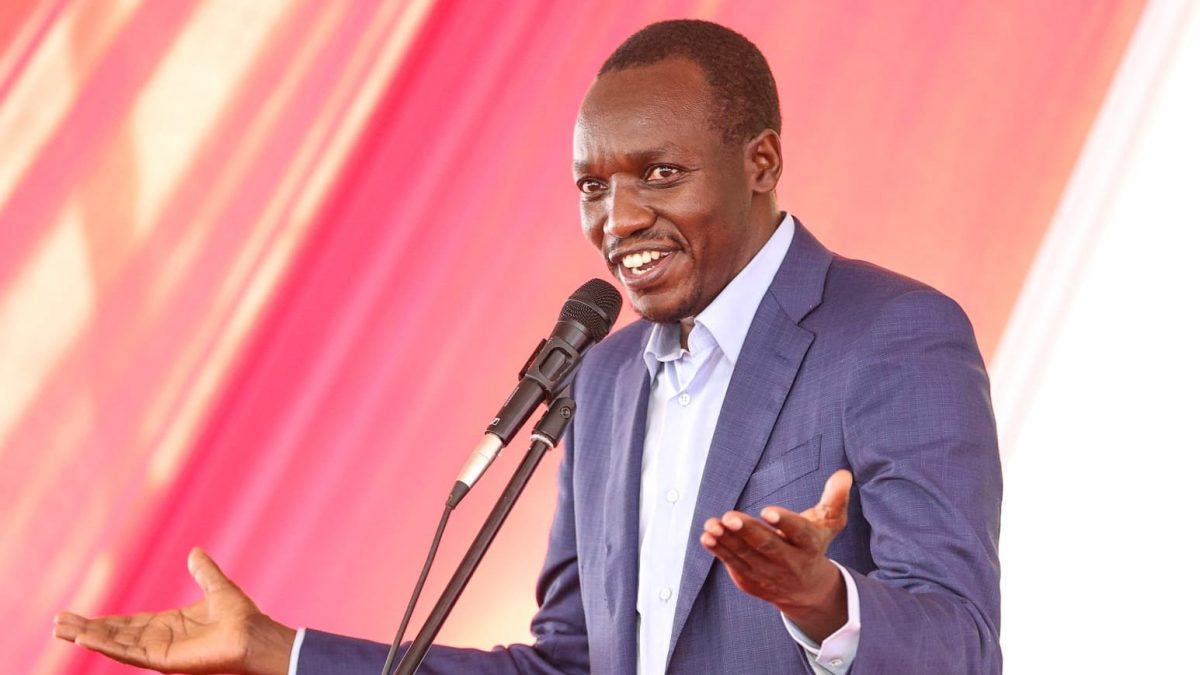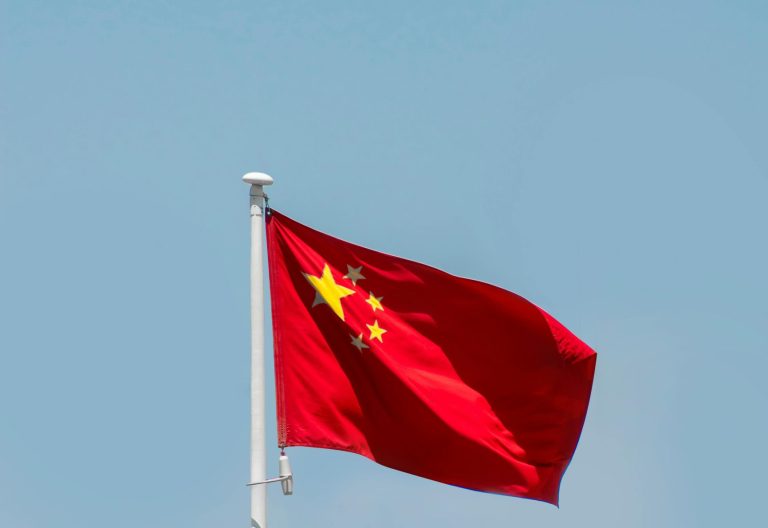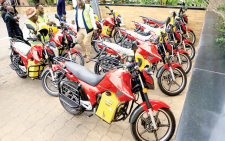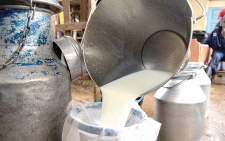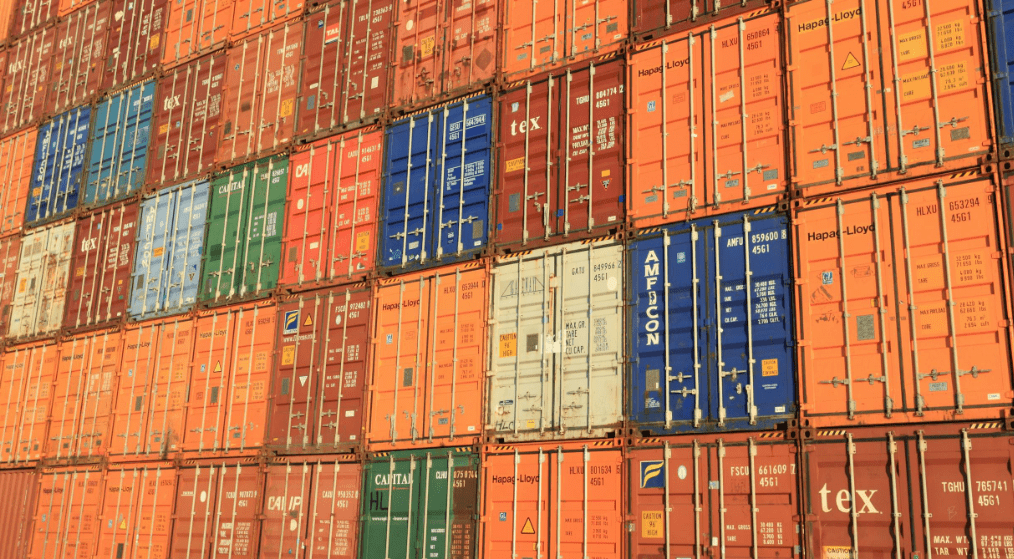Economy projected to grow by 5.3pc in 2021
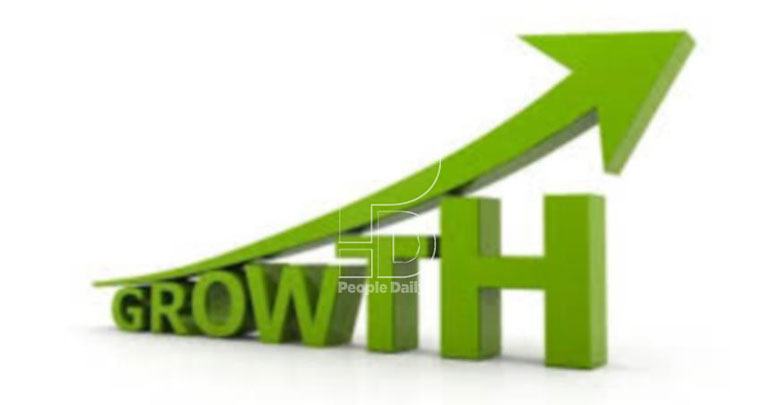
Lewis Njoka @LewisNjoka
The economy is projected to grow at 5.3 per cent this year as more businesses adapt to operating under the Covid-19 pandemic and picking up opetations despite looming electioneering period.
In its 2021 economic outlook released yesterday, NCBA Group projected that the country’s gross domestic product (GDP) could grow by as high as 7.6 per cent in the best case scenario and 3.1 per cent in the worst case scenario.
This is a major jump from the 0.6 per cent contraction experienced in 2020, according to banking group, and lower than government projections for the year.
Speaking when presenting the economic outlook, Faith Atiti, a Senior Research Economist at NCBA said the projected growth rate will be driven more by businesses adapting to operating within the pandemic as opposed to having the pandemic subdued.
“With adaptation, businesses have managed to do better than last year. It is unlikely that we could see a contraction,” she said.
NCBA analysts are optimistic about the economic outlook for the year noting that the economy reopened faster than she anticipated earlier in the year.
The 5.3 per cent growth is projected to take place in less than perfect conditions amid the Covid-19 pandemic.
Political activities
Raphael Agung, NCBA Chief Economist allayed fears that the 2022 political activities, the general elections and BBI referendum, would affect the economic growth saying the economy is used to political activities by now.
“The reality is Kenya has had remarkable political transitions going back two decades. I have no reason to think 2022 will be any different,” he said.
He, however, said the elections could see investors withhold making capital-intensive investments briefly during the elections as is the norm.
NCBA projects the growth to occur in a situation where access to vaccines locally will still be a challenge despite increased production globally with the country experiencing more Covid-19 waves characterised by a scale up in containment measures.
It expects that over the period, only 7.5 per cent of the population (3.8 million people) will have been vaccinated. However, herd immunity will not have been achieved yet.
“It helps a lot that the government has allocated Sh14.3 billion in the budget to go towards the vaccination campaign,” Atiti said.
NCBA noted that the higher projection of 7 per cent given by the government was not realistic considering more virulent strains of the Covid-19 virus kept finding their way into the country and the vaccination rate was slow.
In April, Treasury Cabinet Secretary, Ukur Yatani, projected that Kenya’s economy will grow by 7 per cent in 2021 driven by the resumption of international trade and strategic investments in development priority areas.
Slightly better
The 0.6 per cent contraction experienced in 2020, as per NCBA’s estimation, was the country’s worst economic performance since 1992 but slightly better than the 1.8 per cent contraction the company expected.
The contraction reported by NCBA, however, contradicts Treasury figures which say that the country’s economy grew by 0.6 per cent in 2020.
Stephanie Kimani, a research economist at NCBA observed that the inflows expected into the country soon, including a Eurobond this June, will moderate debt sustainability concerns held by many analysts.
She said Kenya was still attractive to investors despite its ratings declining last year. “Despite Kenya’s sovereign rating being downgraded, it has not affected our Eurobond,” Kimani said.
Kenya’s public debt stood at Sh7.3 trillion as of March this year close to the Sh9 trillion ceiling set by Parliament.
